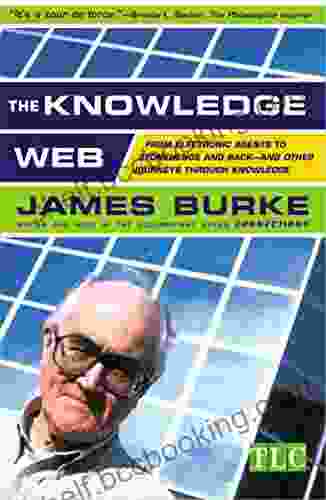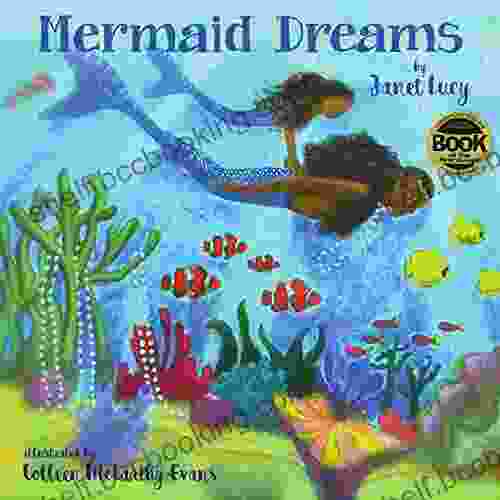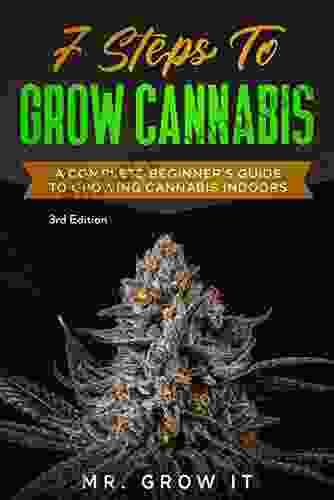From Electronic Agents To Stonehenge And Back: A Journey Through Computer Science

Computer science is a vast and ever-changing field, but at its core it is the study of computation. Computation is the process of taking input data, performing some operations on it, and producing output data. Computers are machines that are designed to perform computations, and they have revolutionized the way we live and work.
4.2 out of 5
| Language | : | English |
| File size | : | 2821 KB |
| Text-to-Speech | : | Enabled |
| Screen Reader | : | Supported |
| Enhanced typesetting | : | Enabled |
| Word Wise | : | Enabled |
| Print length | : | 290 pages |
In this book, we will take a journey through the history of computer science, from its earliest origins to its most recent developments. We will explore the different areas of computer science, including artificial intelligence, machine learning, robotics, software engineering, web development, data science, programming, and coding.
We will also look at the impact that computer science has had on society, and we will discuss the ethical implications of computing. By the end of this book, you will have a deep understanding of computer science and its role in the modern world.
Chapter 1: The Origins of Computer Science
The origins of computer science can be traced back to the early days of mathematics. In the 19th century, Charles Babbage designed the Analytical Engine, which was a mechanical computer that could perform complex calculations. Ada Lovelace, the daughter of Lord Byron, wrote the first computer program for the Analytical Engine.
In the early 20th century, Alan Turing developed the Turing machine, which was a theoretical model of a computer. The Turing machine could be programmed to perform any computation that is possible for a computer to perform.
These early developments in computer science laid the foundation for the modern computer revolution. In the 1940s, the first electronic computers were developed, and in the 1950s, the first personal computers were introduced.
Chapter 2: The Rise of Artificial Intelligence
Artificial intelligence (AI) is the study of making machines that can think like humans. AI research began in the 1950s, and it has since made great progress. Today, AI systems are used in a wide range of applications, including self-driving cars, facial recognition, and medical diagnosis.
AI is still a relatively young field, but it has the potential to revolutionize many aspects of our lives. In the future, AI systems could help us solve some of the world's most challenging problems, such as climate change and poverty.
Chapter 3: The Revolution in Machine Learning
Machine learning is a subfield of AI that gives computers the ability to learn from data. Machine learning algorithms can be used to identify patterns in data, make predictions, and make decisions.
Machine learning is having a major impact on a wide range of industries, including healthcare, finance, and manufacturing. In the future, machine learning is likely to become even more important as we collect and generate more data.
Chapter 4: The Dawn of Robotics
Robotics is the study of designing, building, and operating robots. Robots are machines that can perform tasks autonomously. Robotics research began in the 1950s, and it has since made great progress.
Today, robots are used in a wide range of applications, including manufacturing, healthcare, and space exploration. In the future, robots are likely to become even more important as we face new challenges, such as climate change and population growth.
Chapter 5: The Evolution of Software Engineering
Software engineering is the study of designing, building, and maintaining software systems. Software engineering research began in the 1960s, and it has since made great progress.
Today, software engineering is essential for developing the complex software systems that we rely on every day. In the future, software engineering is likely to become even more important as we develop new and innovative software applications.
Chapter 6: The Rise of Web Development
Web development is the study of designing, building, and maintaining websites. Web development research began in the 1990s, and it has since made great progress.
Today, web development is essential for creating the websites that we use to access information, communicate with others, and conduct business. In the future, web development is likely to become even more important as we spend more and more time online.
Chapter 7: The Emergence of Data Science
Data science is the study of collecting, analyzing, and interpreting data. Data science research began in the early 2000s, and it has since made great progress.
Today, data science is essential for making sense of the vast amount of data that we collect every day. In the future, data science is likely to become even more important as we collect and generate more data.
Chapter 8: The Future of Programming
Programming is the study of writing instructions for computers to follow. Programming research began in the 1950s, and it has since made great progress.
Today, programming is essential for developing the software systems that we rely on every day. In the future, programming is likely to become even more important as we develop new and innovative software applications.
Chapter 9: The Ethics of Computing
As computer science continues to develop, we need to think carefully about the ethical implications of computing. Some of the ethical issues that we need to consider include privacy, security, and bias.
It is important to remember that computer science is a tool that can be used for good or for evil. We need to use computer science wisely and responsibly.
Computer science is a fascinating and ever-changing field. In this book, we have taken a journey through the history of computer science, from its earliest origins to its most recent developments. We have explored the different areas of computer science, and we have discussed the impact that computer science has had on society.
Computer science is a powerful tool that can be used to solve some of the world's most challenging problems. However, it is important to remember that computer science is a tool that can also be used for evil. We need to use computer science wisely and responsibly.
4.2 out of 5
| Language | : | English |
| File size | : | 2821 KB |
| Text-to-Speech | : | Enabled |
| Screen Reader | : | Supported |
| Enhanced typesetting | : | Enabled |
| Word Wise | : | Enabled |
| Print length | : | 290 pages |
Do you want to contribute by writing guest posts on this blog?
Please contact us and send us a resume of previous articles that you have written.
 Book
Book Novel
Novel Page
Page Chapter
Chapter Text
Text Story
Story Genre
Genre Reader
Reader Library
Library Paperback
Paperback E-book
E-book Magazine
Magazine Newspaper
Newspaper Paragraph
Paragraph Sentence
Sentence Bookmark
Bookmark Shelf
Shelf Glossary
Glossary Bibliography
Bibliography Foreword
Foreword Preface
Preface Synopsis
Synopsis Annotation
Annotation Footnote
Footnote Manuscript
Manuscript Scroll
Scroll Codex
Codex Tome
Tome Bestseller
Bestseller Classics
Classics Library card
Library card Narrative
Narrative Biography
Biography Autobiography
Autobiography Memoir
Memoir Reference
Reference Encyclopedia
Encyclopedia Sandra Knauf
Sandra Knauf Rebecca Black
Rebecca Black Jeff Kinney
Jeff Kinney Jan Hawkins
Jan Hawkins Michael Frayn
Michael Frayn Yossi Melman
Yossi Melman Jason R Dorsey
Jason R Dorsey Jason Miller
Jason Miller Jean Rhodes
Jean Rhodes Jason Aaron
Jason Aaron Jason A Ramos
Jason A Ramos Jane Wills
Jane Wills Jd Brown
Jd Brown Jed Perl
Jed Perl Kendall Rose
Kendall Rose Jared Diamond
Jared Diamond Jay Sidhu
Jay Sidhu Jason Fry
Jason Fry Jason Diamond
Jason Diamond Jane Tabachnick
Jane Tabachnick
Light bulbAdvertise smarter! Our strategic ad space ensures maximum exposure. Reserve your spot today!
 Jackson HayesFollow ·8.9k
Jackson HayesFollow ·8.9k Norman ButlerFollow ·12.7k
Norman ButlerFollow ·12.7k Cooper BellFollow ·16.8k
Cooper BellFollow ·16.8k Natsume SōsekiFollow ·19.6k
Natsume SōsekiFollow ·19.6k Ryūnosuke AkutagawaFollow ·16.6k
Ryūnosuke AkutagawaFollow ·16.6k Hunter MitchellFollow ·16.5k
Hunter MitchellFollow ·16.5k Caleb LongFollow ·17.6k
Caleb LongFollow ·17.6k Foster HayesFollow ·18k
Foster HayesFollow ·18k
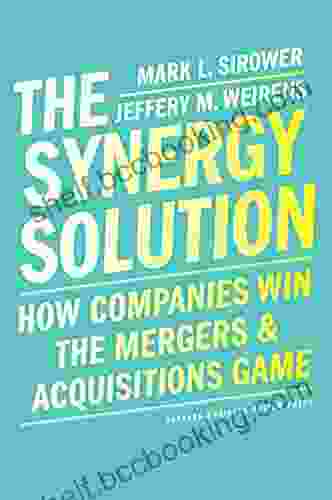
 Carlos Drummond
Carlos DrummondHow Companies Win the Mergers and Acquisitions Game:...
In today's...
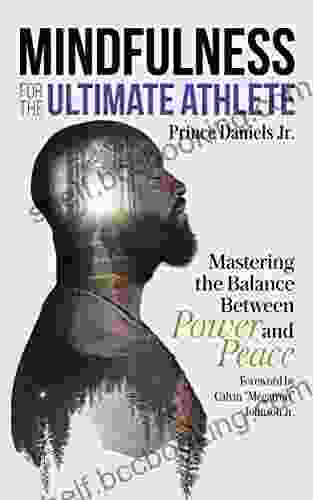
 Craig Blair
Craig BlairMastering The Delicate Balance Between Power And Peace
In today's ever-evolving world, the interplay...

 Wade Cox
Wade CoxUnveiling the Zen of Golf: A Journey to Inner Mastery
: The Harmony of Mind,...
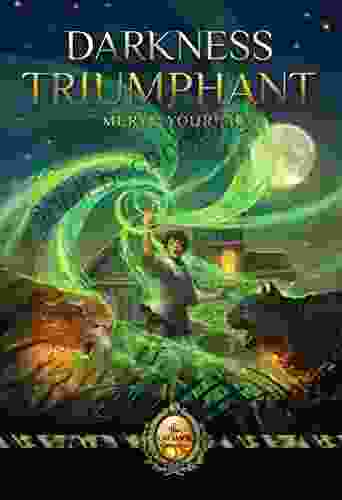
 Gerald Bell
Gerald BellDarkness Triumphant: Three of the Catmage Chronicles
Synopsis ...
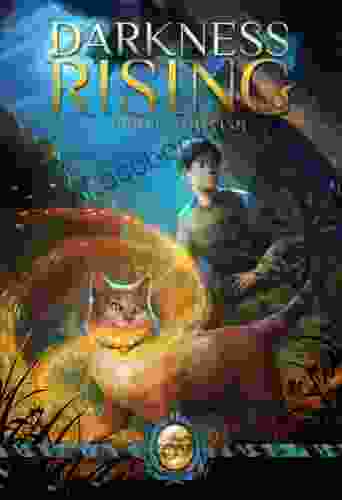
 Henry James
Henry JamesDarkness Rising: One of the Catmage Chronicles
A Captivating Fantasy Adventure...
4.2 out of 5
| Language | : | English |
| File size | : | 2821 KB |
| Text-to-Speech | : | Enabled |
| Screen Reader | : | Supported |
| Enhanced typesetting | : | Enabled |
| Word Wise | : | Enabled |
| Print length | : | 290 pages |


